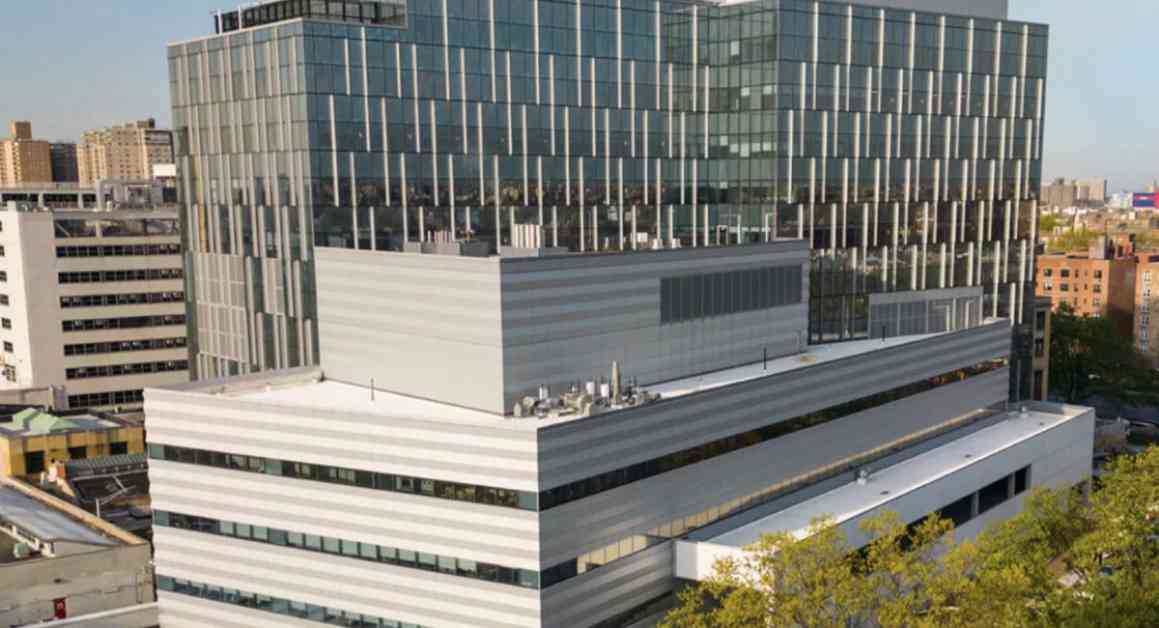The looming threat of a doctors’ strike at four New York City public hospitals has sparked urgent action from Mayor Eric Adams and the City Council to prevent a potential crisis for low-income patients. With the strike deadline set for Jan. 13, both sides of City Hall are scrambling to avert a disaster that could leave over a thousand physicians off the job, disrupting essential healthcare services.
City Council’s Oversight Hearing
The City Council is gearing up for an oversight hearing on Friday to address the grievances raised by the Doctors Council SEIU, the union representing doctors within the city’s Health + Hospitals system. This union is threatening to strike over stalled contract negotiations with their employers, which could have far-reaching consequences for the community’s health.
Impending Work Stoppage
If the strike goes ahead on Jan. 13, patients at four hospitals – Queens Hospital Center, Jacobi Medical Center, North Central Bronx Hospital, and South Brooklyn Health – could face treatment disruptions. These facilities play a crucial role in providing healthcare to some of the most marginalized New Yorkers, making the potential strike catastrophic for community health.
Physicians’ Plight
Doctors who are considering striking cite burnout from understaffing and challenging work conditions as key reasons for their actions. Negotiations for improved pay and benefits have been ongoing since the fall of 2023, with no resolution in sight. The added stress of a directive to reduce the time doctors spend with patients to accommodate more individuals has further exacerbated their concerns.
Community Impact
Councilmember Mercedes Narcisse, who chairs the hospitals committee and has a background as a registered nurse, emphasized the challenges faced by patients in underserved communities. She highlighted the difficulty doctors face in providing thorough care within limited time frames, underscoring the importance of addressing staffing issues to ensure quality healthcare delivery.
The impending strike poses a significant risk to the health and safety of the city’s patients and communities, especially as winter illnesses like Covid and the flu become more prevalent. Mayor Adams’ call for both sides to return to the negotiating table with a mediator reflects the pressing need to avert a crisis that could have dire consequences for those in need of medical care.
As the Council’s hospitals, labor, and health committees prepare to co-lead the Friday hearing, the spotlight remains on finding a resolution that safeguards both doctors’ well-being and patients’ access to essential healthcare services. The outcome of this high-stakes negotiation will undoubtedly shape the future of healthcare delivery in New York City and beyond.












